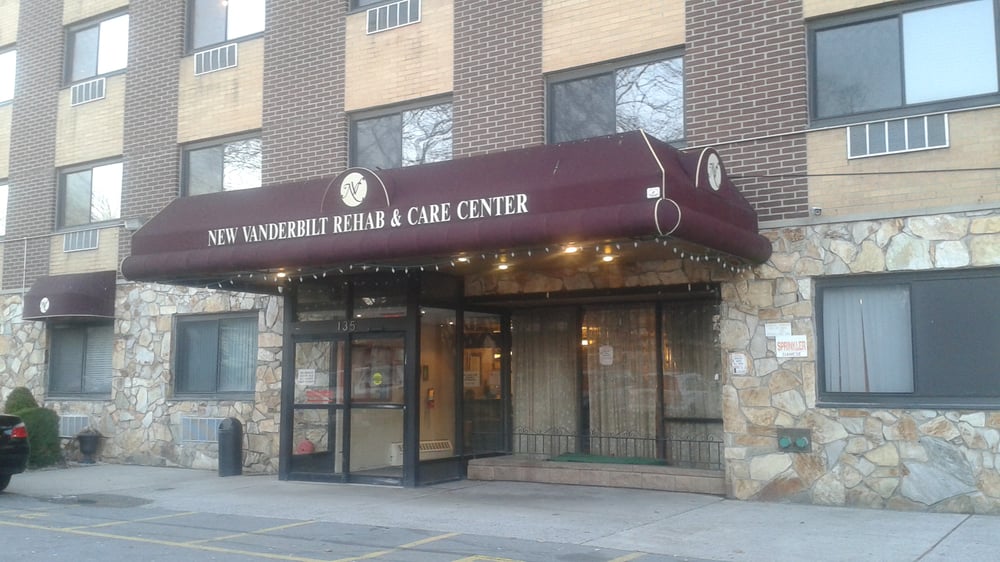Executive Addiction Recovery Verplanck NY
Home
Top Executive Addiction Recovery Verplanck NY Resources and Information Online
Executive Addiction Recovery Verplanck NY
This fact is emphasized by the reality of the genesis of drug addiction: the earliest treatments were entirely faith-based and promoted by concerned Christians trying to help their fellow man heal their body and reaffirm their faith in God. It’s a long-term commitment that you must choose to fulfill every day. Once the adverse effects of addiction come to fruition, it can become harder to hide it from friends and family. When is a good time to stop using Drugs Or Alcohol? Our rehabs offer both short term and long term programmes, secondary and tertiary care also.
That says it all, when our way does not work, we need to ask for knowledge and guidance. Here are the 12 steps as used by Christian addiction treatment centers: Admit he/she has no power over his addiction and their life is unmanageable. The Bible is readily used as an instruction/exhortation guide for the individuals in the program, and they are encouraged to read it every day. Some Texas Christian rehab centers provide long term treatment as where others have a short-term Texas Christian program for drugs and alcohol addiction. It offers a positive as well as peaceful environment for fast recovery. There are signs of addiction that could help you determine whether or not you or a loved one needs addiction treatment.
Below are Some More Information on Heroin Addiction And Recovery

Even more Information About Adderall Addiction Treatment Facility Verplanck NY
The idea of joining a rehabilitation center enhances the .. Today is always a good time to stop using but for most, it will take something bad to happen in order for them to feel the need to make changes in their lives. When we feel that we have hit our Rock Bottom it is at this time we feel like we should make some changes. In short, faith works because you believe that it will; you put your faith in a higher power and allow that power to heal you. And the weaker you get, the more you feed into that energy, and the more it fucks with you.
Here are Some Even more Resources on Heroin Addiction And Recovery
Today You Will Make a Change The Treatment Centers of Illinois are one hundred percent dedicated to helping you achieve freedom from addiction. People who are in the process of recovery, often show the strongest levels of faith. Twelve-step programs encourage addicts not only to stop using alcohol or other drugs, but to examine and change habits related to their addictions.
Right here are Some Even more Information on Heroin Addiction And Recovery Verplanck NY
Known as Client-Directed Outcome-Informed therapy (CDOI), this approach has been utilized by several drug treatment programs, such as Arizona's Department of Health Services.[32] Psychoanalysis[edit] Psychoanalysis, a psychotherapeutic approach to behavior change developed by Sigmund Freud and modified by his followers, has also offered an explanation of substance abuse. Proposed models of affect-driven tobacco use have focused on negative reinforcement as the primary driving force for addiction; according to such theories, tobacco is used because it helps one escape from the undesirable effects of nicotine withdrawal or other negative moods.[38] Acceptance and commitment therapy (ACT), is showing evidence that it is effective in treating substance abuse, including the treatment of poly-substance abuse and cigarette smoking.[39][40] Mindfulness programs that encourage patients to be aware of their own experiences in the present moment and of emotions that arise from thoughts, appear to prevent impulsive/compulsive responses.[38][41] Research also indicates that mindfulness programs can reduce the consumption of substances such as alcohol, cocaine, amphetamines, marijuana, cigarettes and opiates.[41][42][43] Behavioral models[edit] Behavioral models make use of principles of functional analysis of drinking behavior. From many points of view, it masks a person’s true self, but who the user is inside can always be recovered, once sobriety dominates the demon of drugs. One of the more common forms of rehab aftercare is 12-step meetings, such as Alcoholics Anonymous or Narcotics Anonymous. Drug rehab centers can help those searching for help with comprehensive medical and emotional care. The facility is certified and accepts private insurance. These Christian treatment centers are usually a work type study program and require some commitment on your part but we can attest that they work if you work the programs. If the drug fulfills a valuable need, you may find yourself increasingly relying on it. Behavioural addictions have the same effect, this is why eating disorders such as anorexia and bulimia are treated in the same way addiction is. Relapse prevention[edit] An influential cognitive-behavioral approach to addiction recovery and therapy has been Alan Marlatt's (1985) Relapse Prevention approach.[34] Marlatt describes four psychosocial processes relevant to the addiction and relapse processes: self-efficacy, outcome expectancies, attributions of causality, and decision-making processes.
Click Here for More Information
Previous Next
You may also like:
Opioids Addiction Pesotum IL
An Addiction Is An Addiction Tomahawk KY
Propoxyphene Rehab Facility Near Me Medora IN
Roxicet Addiction Centers Hermleigh TX
Cannabis Addiction Rehab Center Bartelso IL
Marijuana Addiction Treatment Program Maunie IL
Palladone Addiction Detox Centers Lisbon NY
Sublimaze Detox Clinic Ironsides MD
Speed Rehab Center Cathlamet WA
Speed Addiction Rehab Clinics Redmond UT
Christian Alcohol Recovery Online Marengo WI
Xanax Abuse Clinic Shandaken NY
Soma Detox Centers Sabula IA
Tramal Abuse Treatment Facilities Exeter RI
Inhalant Addiction Rehab Clinics Manila AR
Christian Treatment Centers In Bentonville IN
Hydromorphone Abuse Facility Kresgeville PA
Dual Diagnosis Unit Fredericktown OH
Amphetamines Abuse Treatment Facility Knob Lick MO
Di-gesic Addiction Detox Center Clarklake MI